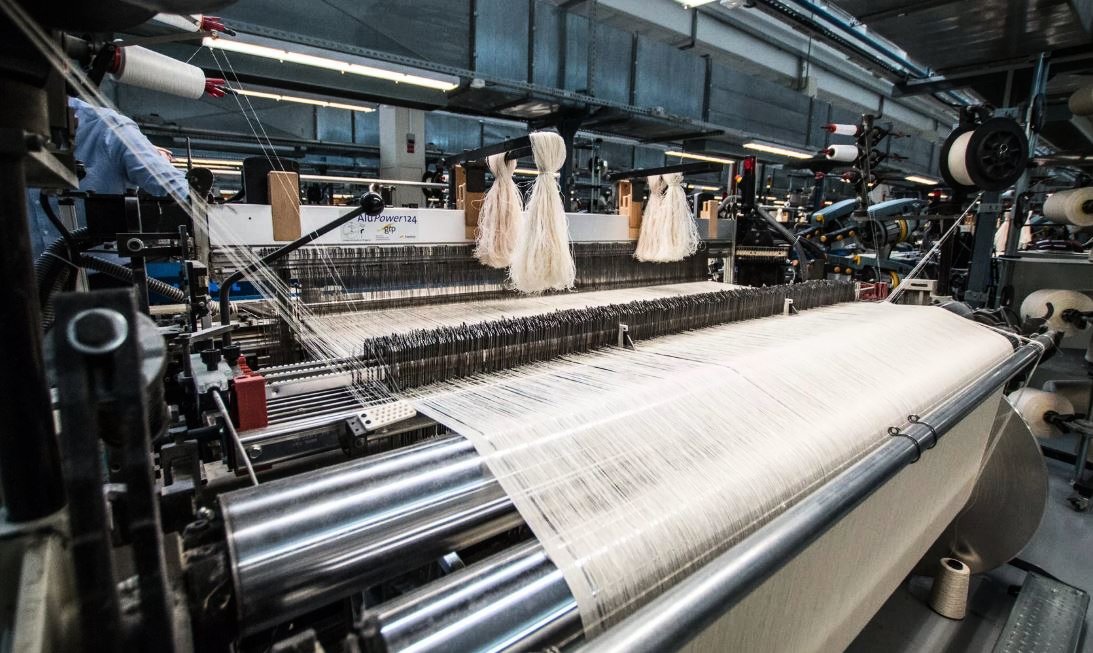Beschreibung des Produkts
Das Nakiri
Das Mutsumi Hinoura Nakiri-Messer ermöglicht ein müheloses Gemüseschneiden, das Profiköche und Hobbyköche gleichermaßen bewundern können. Dank der natürlichen Krümmung und Tiefe können Sie die Klinge bei Bedarf mühelos schwingen, um jedes Gemüse zu schneiden, das sich Ihnen in den Weg stellt. Außerdem bleibt die hohle Klinge nicht wie bei anderen Messern an den geschnittenen Lebensmitteln hängen. Stattdessen gleiten die geschnittenen Lebensmittel leicht von der Klinge in Ihr Gericht. Durch die dünnere Klinge ist das Messer leichter als seine Gegenstücke und ermöglicht ein schnelleres Schneiden.
Die Klinge
Die Klinge ist aus Shirogami mit einem Kohlenstoffgehalt zwischen 1,05 % und 1,15 % gefertigt, auch bekannt als White Steel #2. Dies ist ein sehr reiner Kohlenstoffstahl, sehr beliebt bei hochwertigen japanischen Messern. Die Klinge hat eine sehr gute Schnitthaltigkeit und eine sehr hohe Arbeitshärte. Das bedeutet, dass man sie auf eine außergewöhnliche Schärfe schleifen kann, die sie lange Zeit beibehält. Dieser Stahl eignet sich besonders für die schonende Zubereitung von Speisen, ist aber aufgrund seines hohen Kohlenstoffgehalts anfällig für Oxidation, d.h. Ihr Messer rostet, wenn es nicht gepflegt wird (z.B. wenn es länger nass bleibt). Die Kurochi-Beschichtung der Klinge ist eine traditionelle und rustikale japanische Schmiedearbeit, bei der das Messer die schwarzen schuppigen Rückstände des Schmiedeprozesses behält. Es verleiht der Klinge einen rustikalen Charme und Charakter. Das bedeutet auch, dass keine zwei Klingen mit dem gleichen Muster versehen sind, was jedes Kurochi-Finish zu einem Unikat macht.
Der Griff
Die wunderschönen Griffe werden aus extrem limitiertem, grün und blau gefärbtem europäischem Wurzelahorn hergestellt. Das Holz wird zwei Jahre lang getrocknet, bevor es den Prozess der Stabilisierung und Färbung durchläuft. Die stabilisierte Ahornwurzel ist in den achteckigen, beidseitig verwendbaren Griff geschnitten, so dass Sie das Messer sicher in der Hand halten können. Die Griffe sind nicht nur ästhetisch ansprechend, sondern auch leicht. Bitte beachten Sie, dass keine zwei Grifffarben oder -muster jemals gleich sind, da die natürlichen Eigenschaften jedes Holzblocks einzigartig sind und den Farbstoff unterschiedlich aufnehmen. Dadurch erhält jedes Messer ein schönes, einzigartiges Aussehen.
Der Schmied
Die Familie Hinoura ist eine bekannte japanische Schmiedefamilie, die seit über 120 Jahren Messer herstellt. In jahrelanger Handarbeit haben sie einzigartige Fähigkeiten und Kenntnisse entwickelt, die von Generation zu Generation weitergegeben wurden. Mutsumi Hinoura arbeitet seit 2001 in Sanjo mit seinem Vater, dem Schmiedemeister Tsukasa Hinoura, zusammen. Hinouras einzigartige Klingenschmiedetechniken ermöglichen die Herstellung von Messern, die länger als alle anderen auf dem Markt erhältlichen Messer eine feine Schneide behalten. Seine Messer haben eine gute distale Verjüngung und eine breite Kiriba-Schleiffläche und eine wirklich wunderbare Wärmebehandlung. Er hat viel Erfahrung mit Jagd- und Outdoormessern, und seine Küchenmesser weisen einige der gleichen Zähigkeitseigenschaften auf.
Wartung
Shirogami #2 lässt sich sehr gut mit Schleifsteinen schärfen und erhält leicht eine extrem feine, scharfe Schneide. Da Shirogami und Eisen beide reaktiv sind, sollten Sie das Messer trocken halten, wenn Sie es nicht benutzen, um Rost zu vermeiden. Bitte denken Sie daran, dass der Kern nicht rostfrei ist und nach dem Gebrauch getrocknet werden sollte (siehe unsere Pflegetipps hier). Die Klinge wird bei normalem Gebrauch eine dunkle Patina entwickeln, aber jeder orangefarbene Rost sollte mit einem leichten Schleifmittel oder durch Schärfen entfernt werden. Wie die meisten Geräte brauchen auch Messer ein wenig Liebe und Pflege. Sie müssen regelmäßig geschärft und je nach Stahlsorte sofort nach Gebrauch getrocknet werden. Dies sind die 3 allgemeinen Regeln, die Sie beachten sollten:
- Legen Sie Ihre Messer niemals in die Spülmaschine.
- Bewahren Sie Ihre Messer entweder auf der magnetischen Messerleiste, dem Messerständer oder ummantelt in der Utensilienschublade auf.
- Schieben Sie Ihr Messer nicht mit der Klinge nach unten über das Schneidebrett, um das gerade Geschnittene wegzuräumen.




















